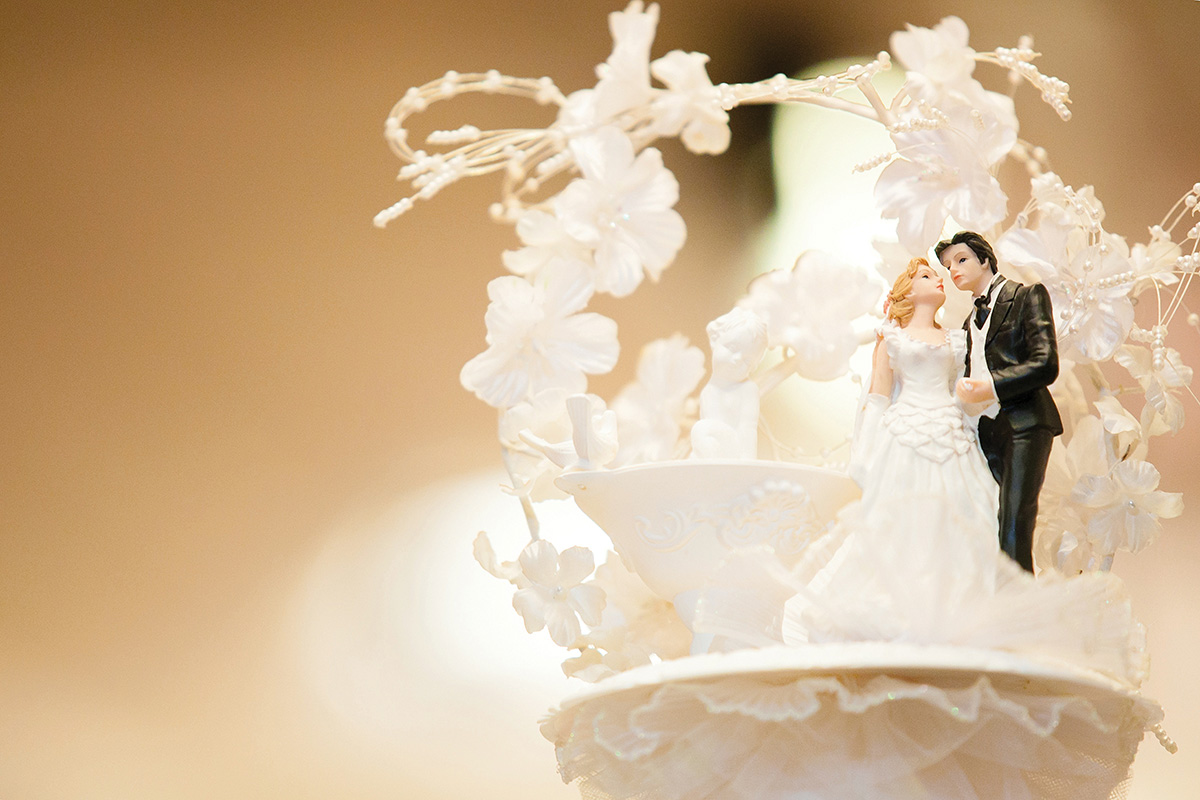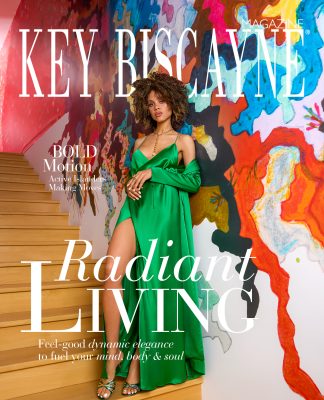 Walk down the street and ask 100 people what love is and you’ll likely get 100 different answers. We might know what love feels like, but putting it into words is hard. For something so elemental and sought-after, defining love remains elusive. Maybe this is because there are so many forms that love can take.
Walk down the street and ask 100 people what love is and you’ll likely get 100 different answers. We might know what love feels like, but putting it into words is hard. For something so elemental and sought-after, defining love remains elusive. Maybe this is because there are so many forms that love can take.
In fact, in ancient times, people differentiated love instead of using the word as an umbrella to cover the complexities of all our relationships. There was philia, a platonic love between family and close friends; ludus a flirting nature; pragma, the deep mature love built on commitment and understanding; agape, a love for humanity; philautia, or self-love; and of course eros, the love of passion & desire.
While there are many types of love, when most people talk about it, they’re talking about the romantic kind. From the time we’re pre-teens, most of us are on a quest to find someone to love us and to love. Our culture teaches through literature, entertainment and religion that one of our goals in life should be to find a mate. No matter what different beliefs or religion people have, almost everyone believes in love and the need for it in our lives.
 Barnard Collier, a former New York Times reporter who is currently authoring a book on the psychohistory of love, believes that love is the illusion that we are not alone. “People, regardless of culture, want to feel that somebody else stands beside them in life, even though biologically we are all alone,” he says.
Barnard Collier, a former New York Times reporter who is currently authoring a book on the psychohistory of love, believes that love is the illusion that we are not alone. “People, regardless of culture, want to feel that somebody else stands beside them in life, even though biologically we are all alone,” he says.
So is it any wonder that with more than half of the U.S. adult population now single, that we are obsessed with finding and keeping love? In the past, marriages were arranged, friends set up friends or couples met in the real world…but today, technology has changed love. We may believe we live in a global world, but we’re more disconnected than ever. And while technology is isolating us as a society, it has become the primary vehicle to use to find love and interact. A 2014 Reuters study found that of the 54 million singles in the U.S., a whopping 41 million had tried online dating. Today, more than 1/3 of marriages result from online meetings.
“In the past, marriages were arranged, friends set up friends or couples met in the real world…but today, technology has changed love and the way we interact.”
One of the arguments critics of online dating use is that it’s impossible to gauge chemistry over the Internet. Ah, chemistry! This is nearly as hard to put your finger on as love is. Many scientists believe love can be boiled down to chemicals. We have an emotional response to a stimulus that causes chemical changes in the brain. Someone in love shows more activity on MRI scans and has more serotonin and oxytocin than someone single.
A new dating site, Singld Out, is attempting to marry online dating and science, having members complete a DNA test so they can search for members who have a similar DNA profile. “There’s over 20 years of research looking at the basics of why people fall in love and it really is about chemistry,” says Co-Founder Elle France, who is a former matchmaker. “There’s literally a science behind attraction and love really is in our biology and chemistry.”
So if hormones and pheromones could be what brings us together, what keeps us together? While all long-term relationships ideally should retain that passion and spark, for a true partnership to flourish, love needs to deepen. “You need common goals, vision, respect, communication and day-to-day actions together,” says Miami-based Lisette Beraja, LMFT, of Beraja Counseling Center.
 Love Coach Chana Rosenfeld of True Love Academy, also believes that it’s important to avoid getting complacent. “You want to always be creating something new,” she explains. “Too many couples get stuck in a routine and are on auto pilot. Keeping it exciting and new is imperative.”
Love Coach Chana Rosenfeld of True Love Academy, also believes that it’s important to avoid getting complacent. “You want to always be creating something new,” she explains. “Too many couples get stuck in a routine and are on auto pilot. Keeping it exciting and new is imperative.”
In today’s throwaway, instant-gratification society, some would say that love is often on the backburner. All long-term relationships hit rough spots. In the past, it was a given that couples would muddle through, but today people are often quick to call it quits the minute things get challenging. What keeps people together is an understanding that this is normal, and a willingness to work through issues. Long-term couples understand that lifelong love is more than just grand passion, it’s caring, understanding, friendship and compromise. “If both partners are willing to work on things, a difficult relationship can be saved,” says Rosenfeld. “But only if both people are willing to make it work.”
So how do we go about finding the type of partner that will be there through thick and thin? “Just like in business, you need a strategy,” says Nicole Wall, VP of Selective Search, an exclusive matchmaking service. “Know your non-negotiables and what you need. Write it out. Stick to it and never settle.”
 While the definition of love may forever remain subjective, in the end, a possibility proposed ages ago in 1 Corinthians 13, and used in nearly every wedding ceremony you’ve ever been to, may sum it up best: “Love is patient, love is kind. It does not envy, it does not boast, it is not proud. It does not dishonor others, it is not self-seeking, it is not easily angered, it keeps no records of wrongs. Love does not delight in evil but rejoices with the truth. It always protects, always trusts, always hopes, always perseveres.” And with that, it’s time to fall in love — but not hastily. Good things surely do come to those who wait.
While the definition of love may forever remain subjective, in the end, a possibility proposed ages ago in 1 Corinthians 13, and used in nearly every wedding ceremony you’ve ever been to, may sum it up best: “Love is patient, love is kind. It does not envy, it does not boast, it is not proud. It does not dishonor others, it is not self-seeking, it is not easily angered, it keeps no records of wrongs. Love does not delight in evil but rejoices with the truth. It always protects, always trusts, always hopes, always perseveres.” And with that, it’s time to fall in love — but not hastily. Good things surely do come to those who wait.











